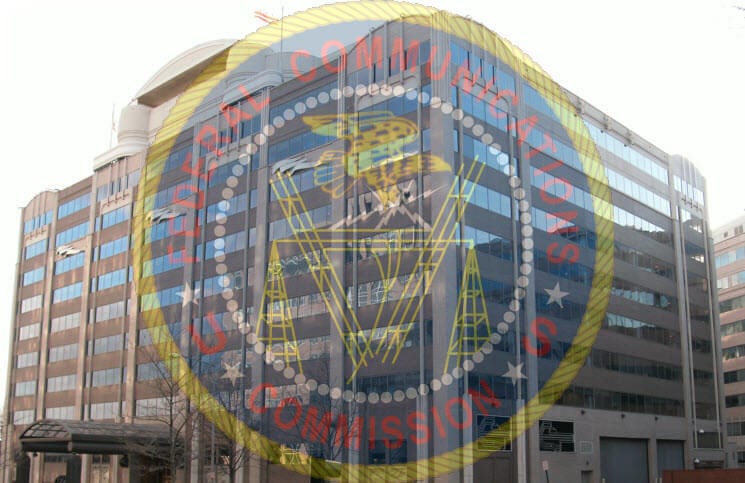With the growing battles of privacy in the public eye, advocates seem to have found an ally. The person championing this privacy battle is none other than the US FCC Chairman, Tom Wheeler. His current proposal, expected to be formally introduced on March 31st, states there should be clear rules on what internet service providers (ISPs) can do with the information they collect on members currently. Though this would stop ISPs from collecting data, he feels citizens have a right to know.

Of course, ISPs are arguing that they are being singled out, according to NPR. Compared to the information that some other companies hold, they argue that the information they collect is only a small portion. Whereas that is true, Wheeler states that those networks may be avoided, but the ISP information can not be. He does concede that ISPs need to collect a good amount of information simply to run their business.
“All we’re saying in our proposal is that you, the consumer, ought to have a say in whether they can repackage and use information, which is basically your information, not their information,” Mr. Wheeler said in a recent interview. According to Wheeler’s plan, it would give the user the ability to opt out of programs that allow data to be shared with third parties, and require specific opt in consent for data to be shared with them.
One question that is coming up is how would users be charged for that ability. ISPs are sure to levy a fee on top of the already high internet prices, if they do not get to use the information. Wheeler’s point is that people should have the right to know. There are a few approaches that may be used, if this proposal passes though the five person Federal Commission.
Although it is unlikely, the ISPs could just accept the proposal without any negative effect on the user. The next approach is to follow the strategy of some insurance companies. That would be to charge a higher price and “incentivize” users to opt in to this type of information sharing. It is still effectively the same thing, but it makes the ISP not sound so harsh.
There is another way to protect your information from these snooping ISPs. By using a VPN, you can encrypt your browsing history and data. No matter what happens, it is nice to see public officials begin to pay attention to the privacy rights of the citizens. It may only be a small move, but we view it to be a step in the right direction.
